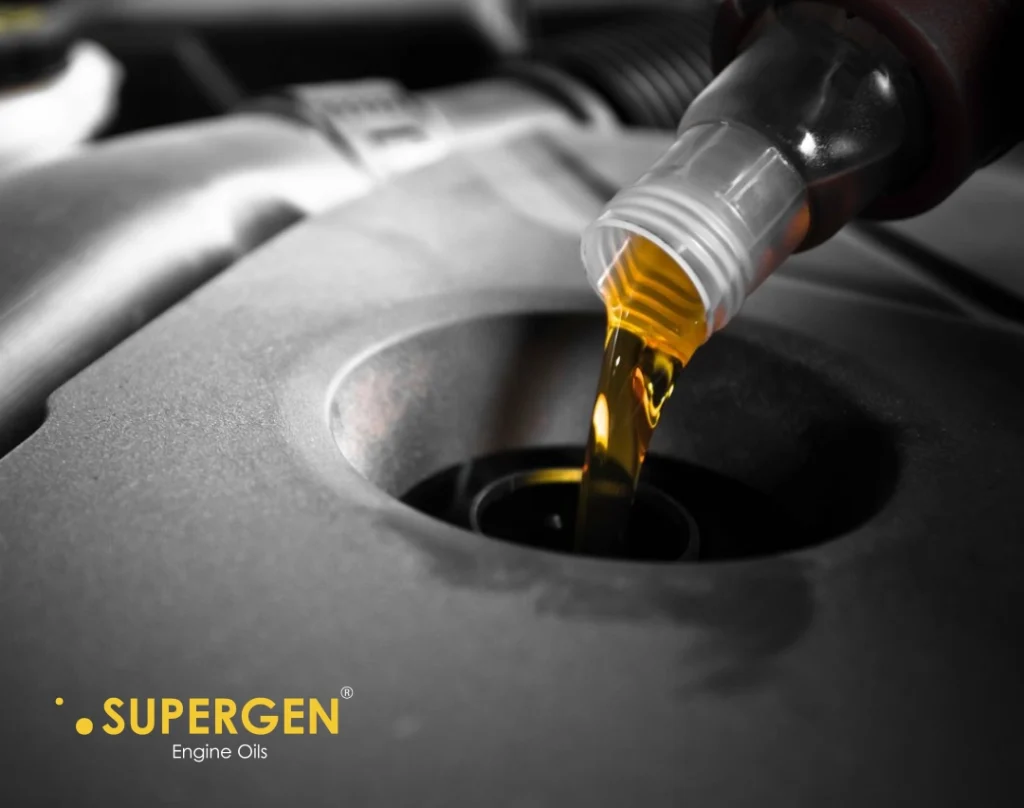Introduction
The maintenance schedule for any vehicle must include engine oil. It is essential for lubricating the engine’s moving parts, lowering friction, assuring peak performance, and extending engine life. However, there are many untruths and misconceptions concerning engine oil in the automobile industry, especially the Indian market. In this article, we will dispel some of the most widespread misunderstandings about engine oil and reveal the reality behind them.
- Myth 1: Thicker Oil Offers Better Protection
One common misconception is that thicker engine oil offers better engine protection. Oil viscosity is important, but using oil that is too thick will damage your engine. The owner’s manual will typically state the particular oil viscosities that modern engines are intended to run on. Insufficient lubrication, greater engine wear, and decreased fuel efficiency might result from using oil that is too thick. The manufacturer’s recommendations for the ideal oil viscosity must be followed strictly.
- Myth 2: Engine Damage is Caused by Synthetic Oil
The idea that synthetic oil is bad for engines, especially in older cars, is false. But because synthetic oils are specially designed to offer improved lubrication, stability, and protection, they are a great option for both new and used cars. They provide superior resistance to sludge formation and are less likely to degrade in high temperatures, therefore extending the engine’s life.
- Myth 3: Engine oil changes are never necessary.
Some individuals think that because of how sophisticated current engine oils are, they never need to be changed. This is not at all the case. Even while technological advances have increased the duration between oil changes, heat, impurities, and oxidation still cause oil to deteriorate over time. Lowered engine performance, decreased fuel efficiency, and potential long-term damage can all result from skipping oil changes.
- Myth 4: Every Oil Change requires an Engine Flush
The purpose of engine flushes is to clean the engine and get rid of deposits before an oil change. These, meanwhile, are frequently unnecessary and even harmful. The additives in modern engine oils assist clean the engine as you drive. Overflushing can loosen deposits that could later jam important engine parts, doing more harm than good.
- Myth 5: It’s harmful to Combine Oils of Different Brands.
It is not always dangerous to mix different motor oils from different manufacturers or types. In actuality, contemporary engine oils are made to work well with one another. To maintain consistency, it is advised to use only one brand and type of oil. To reduce potential problems, it’s preferable to utilize oils with the same viscosity and API grade when mixing oils in an emergency.
- Myth 6: Changing Oil Color Indicates That a Change Is Needed
The accumulation of impurities causes oil to naturally turn dark or black. Although clean, new oil is amber in color, it doesn’t necessarily mean that it needs to be changed right away if it begins to darken. These pollutants can be handled by modern oils. Utilizing an oil analysis service or sticking to the manufacturer’s suggested intervals are the two best ways to determine when to replace the oil.
- Myth 7: Regular Oil Changes are Beneficial
Changing the oil on a regular basis is important, but doing it too often might be inefficient and unneeded. Modern engine oils are made to last for the amount of time specified by the manufacturer. Over-changing oil does not significantly increase engine performance and could result in excessive costs.
- Myth 8: Higher octane oil Boosts performance
Some people think that using oil with a higher octane rating than advised can improve a car’s performance. Actually, there may be no additional advantages to using an oil with a higher octane rating than your engine requires. Using a higher octane oil can result in unburned gasoline, worse fuel efficiency, and higher pollutants because engines are designed for a certain range of octane ratings.
- Myth 9: Engine Oil Additives are always Beneficial
Numerous engine oil additives on the market all promise to increase performance and fuel efficiency. However, to suit specific criteria, the majority of current engine oils already come with carefully developed additives. Extra additives may throw off this balance, potentially doing more harm than good.
- Myth 10: All Engine oils are same
There is a serious misunderstanding that all engine oils are created equal. Different base oils and additives are used in engine oil formulation to meet the unique requirements of various engines. It’s critical to choose an oil that complies with the requirements set forth by the manufacturer for the make, model, and engine type of your car.
Conclusion
Myths about engine oil might result in poor maintenance techniques that could eventually harm the engine of your car. Distinguishing fact from fiction and basing your maintenance schedule on reliable facts are essential. Follow the manufacturer’s instructions, select the right oil viscosity, and keep regular oil change schedules. By doing so, you’ll ensure the longevity and optimal performance of your vehicle’s engine in the dynamic Indian automotive market.










